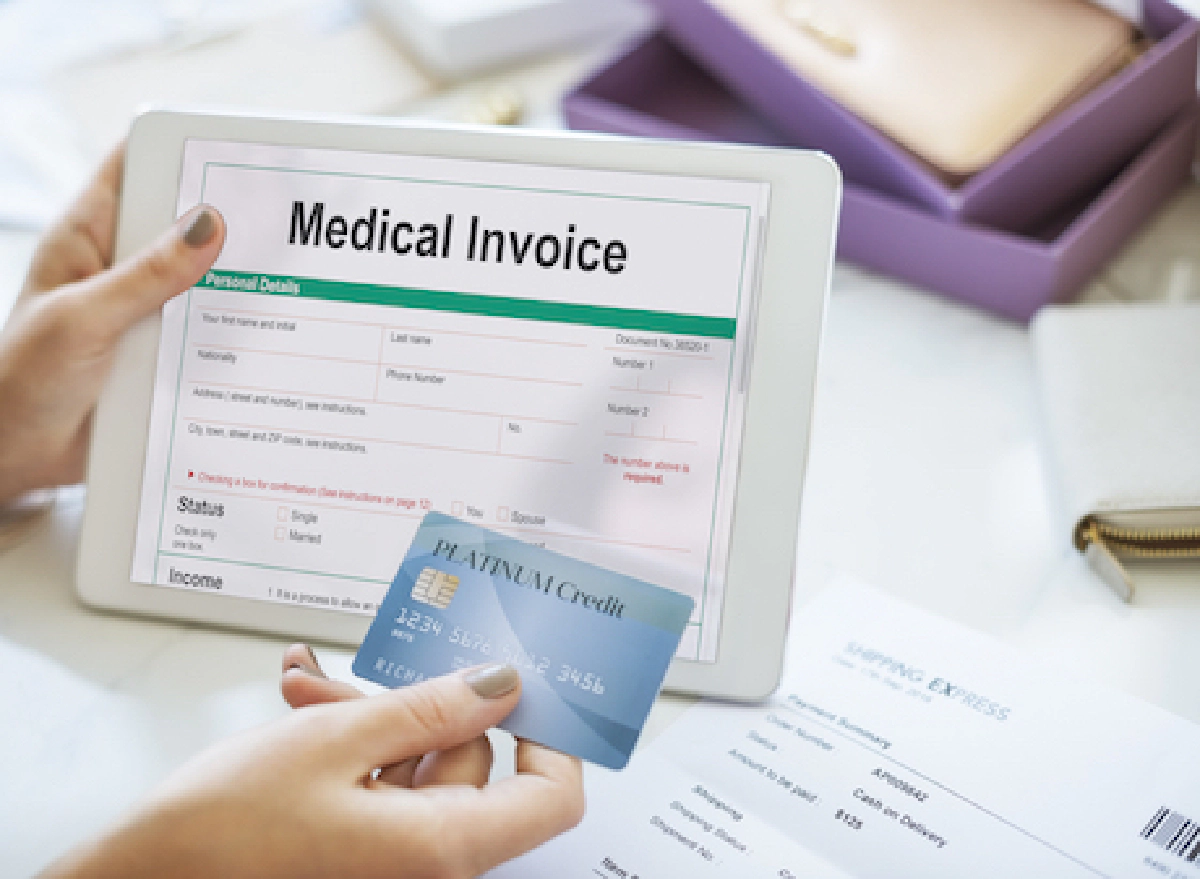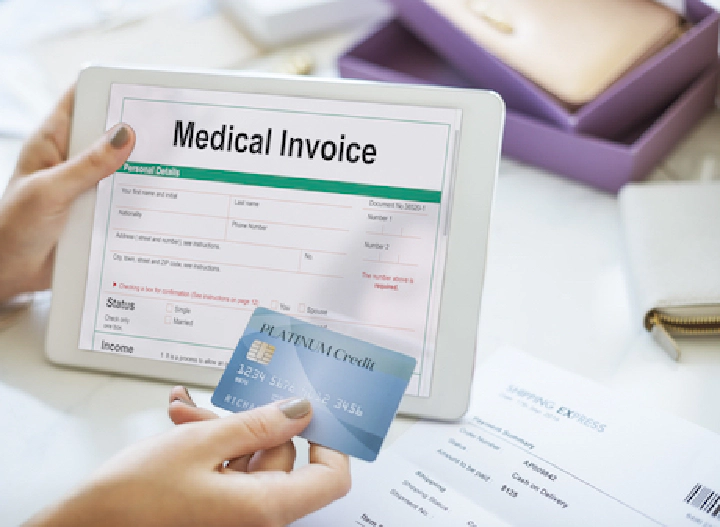HSA - In A Nutshell

Ever heard the phrase “save for a rainy day”; that’s often the basic idea behind every savings account - a health savings account included.
A health savings account (HSA) is a kind of personal savings account that is specially used for healthcare expenses. It is an account that’s meant to pay for medical expenses that are not covered by your insurance.
However, not everyone is eligible to open an HSA, you need to be qualified and have the needed requirements. Here are a few things that qualify you for a HSA account:
What Qualifies You for a Health Savings Account?
- You must be enrolled in a high-deductible health plan (HDHP)
- You have no other healthcare coverage except what is permitted by the IRS
- No one else can claim you as a dependent on their tax return
- You’re 18 years or older
5 Top Benefits of Health Savings Account
The following benefits are what you stand to gain if you open an HSA.
Your HSA Does Not Expire
Unspent money in your HSA rolls over at the end of the year, and it is available to you anytime.
Helps You Save on Taxes
HSA offers triple tax advantages:
- Contributions are tax-deductible
- Earnings are tax-free
- Withdrawals are tax-free
Serves as An Investment
Some HSAs pay interest on the unused money in your account or invest the money in mutual funds or other financial products. It puts your money to work for your future.
Helps You Take Care Of Your Loved Ones And Retirement
You can use your HSA money for your family member’s medical expenses if your family member is claimed on your taxes.
Helps You Keep Track Of Your Healthcare Expenditures
With HSA you can track your health expenses, small or large, that are paid out of your pocket so that later you can get reimbursed from your HSA account. HSA Butler is a great tool that can help you this this!
How Does the HSA Plan Work?
You will be issued an HSA debit card with which you’ll use to pay for prescribed medications. You can also use your HSA debit card to pay at your doctor’s office, pharmacy, and other qualified expenses.
Out-of-Pocket Expenses and Why You Should Keep Track of Them
Out-of-pocket expenses refer to healthcare costs that you pay out of your cash reserve. This cash however, can be reimbursed to you from your HSA account as long as it is a qualified medical expense. Check this IRS for more details.
Out-of-pocket healthcare expenses include:
- Deductibles
- Copays
- Coinsurance
The idea behind “out-of-pocket” healthcare expenses is that people get to spend their healthcare money more wisely if they are paying with their own money. According to surveys, this has proven to be true and effective. That being said, you must track your out-of-pocket healthcare expenses to get reimbursed from your HSA.
How To Track Your Out-of-Pocket Healthcare Expenses
Here are a few ways to track your out-of-pocket healthcare expenses.
Pay in Cash
Paying in cash motivates doctors to discount bills for patients. It also keeps you conscious of your spending.
Research Prices On Health Insurance Plans And Specific Procedures
It is easier to overpay If you don’t know how much something costs.
Ask for Discounts
Don’t be shy to ask for discounts, you are the one paying the bills. Ensure to make your request for a discount compelling enough.
Ask for an Over-The-Counter (OTC) Alternative
Your doctor or pharmacist can let you know if an OTC drug can treat your symptoms for less money.
Conclusion
Health savings accounts are used to save money for future medical expenses. They provide access to pay your healthcare bills and reimburse you for the health expenses that came out of your pocket.
Related Article
HSA Contribution Limits In 2023: Everything You Need To Know
HSA accounts can be a lifesaver for middle-income families. Healthcare costs are ridiculously high …
Read More